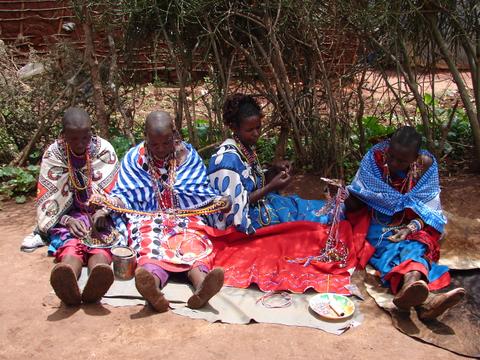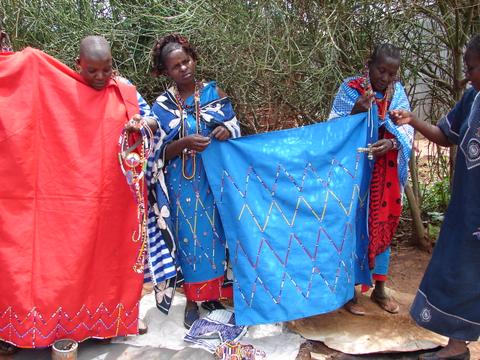
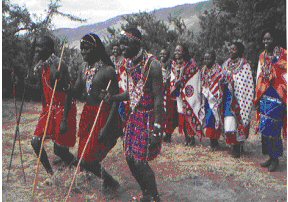
MAASAI Integrated Community Development Program (MICODO) is a non-profit humanitarian organization, founded in Kajiado District of Kenya in 2006. MICODO was formed with an overall goal of strengthening the capacity of the Maasai community to identify and seize local opportunities to create complete social economic transformation in livelihood change to the Maasai community. We are based on an overall philosophy of upholding the human dignity, obedience to the rule of law, integrity and equity in channeling the local resources for community empowerment.
VISION STATEMENT
Our vision is to strengthen, mobilize and nurture strong human and social-economic network linkages in order to improve the welfare of MAASAI community.
MISSION STATEMENT
We shall mobilize the community in appreciating acceptable behavior change geared towards eliminating bad cultural practices to give room for girl child education, women empowerment, eliminate forced marriages, wipe out female genital cut and suppress male dominance in social economic setups to advocate for equality and adopt participative approaches to society transformation. We shall advocate for human rights protection, incorporate appropriate capital linkages and calls for wider participating to achieve community development of the MAASAI community.
GOAL
The goal of MICODO is to create a strong institution whereby the community can identify, mobilize, seize appropriate opportunities for community development.
AIMS & OBJECTIVES
-
To empower the most oppressed community members i.e. the girl child, women and HIV/AIDS patients to be productive community participants in development initiatives.
-
To enhance the community network linkages in a bid to incorporate a new appropriate technologies in development project.
-
To introduce and make the community understand the protection of human rights and develops collective participative approaches in attaining the community social objectives.
ACTIVITIES OF MICODO EDUCATION PROGRAM
-
Here, we sponsor school learning materials.
-
We also pay school fees to orphaned children in our community and girl child education especially those we have rescued out from forced marriages for secondary and university or college education.
-
We intend to put up pre-school programs to enable majority of our children to be able to access early childhood education.
-
We sponsor teacher education seminars especially on advocacy campaign against bad Maasai cultural practices hampering social economic process
HEALTH PROGRAMS
-
Here we hold sensitization workshop on HIV/AIDS, malaria, T.B. and Diabetes
-
We organize free treatment and mobile clinics on occasional basis through our partnership with Kenya Volunteer doctors association and sponsoring local foundations.
-
We organize nutrition training seminars and HIV/AIDS awareness campaigns.
-
We lobby for environmental rehabilitation program especially on quarry sites and any other environmental damage that can be a threat to human life in Kajiado District and train the community on sustainable environment.
SEVER DROUGHT AT KAJIADO DISTRICT KENYA
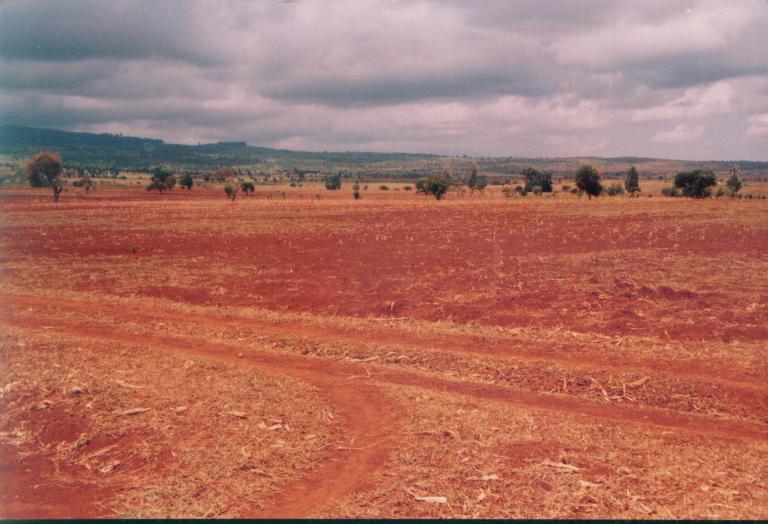
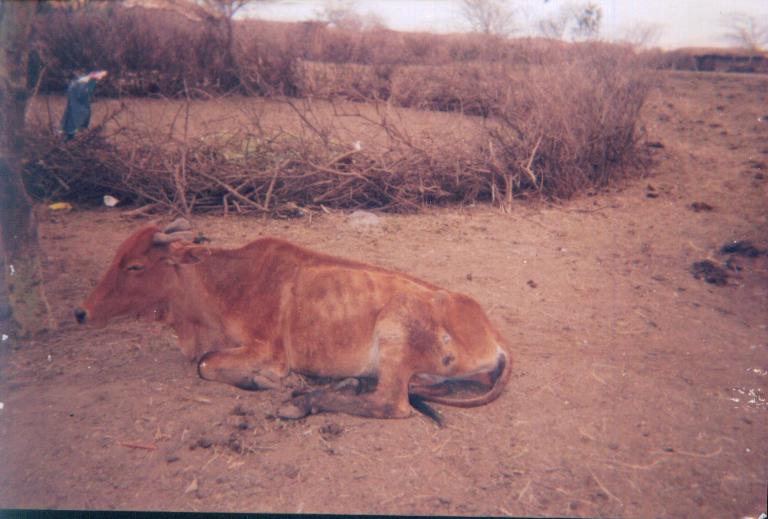
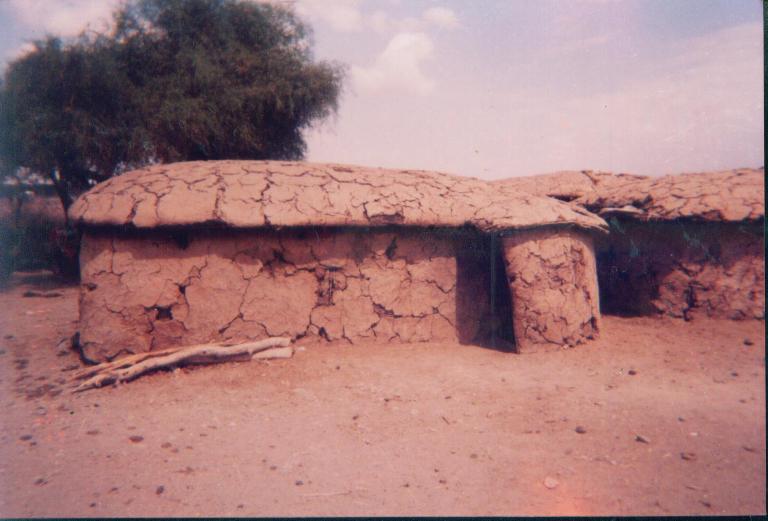
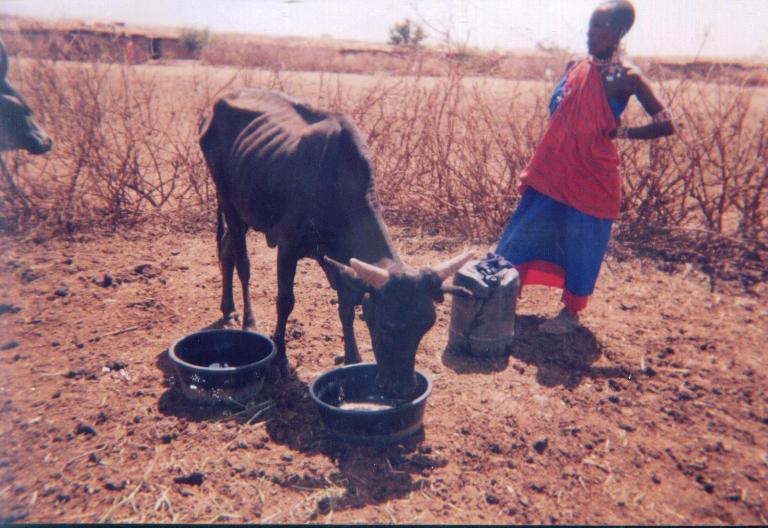
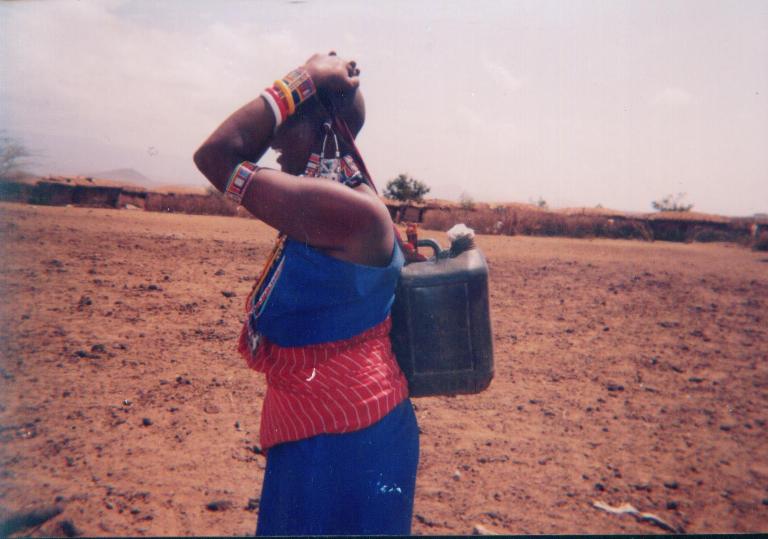
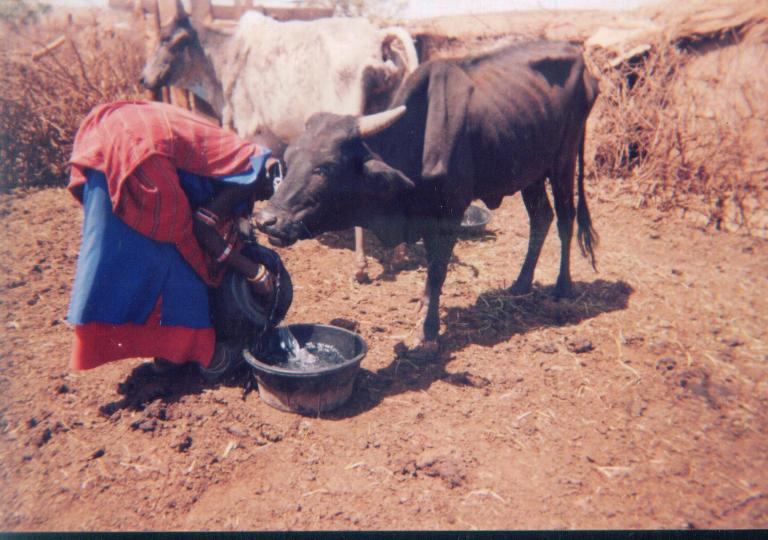
WATER PROGRAM
-
We carry out baseline survey on alternative sources or coping mechanism with water problems in Kajiado District especially in dry places.
-
We look for partnering organizations that can assist us in dam construction, drilling of boreholes and repairs of dams and boreholes
-
We offer training on water conservation methods and look into safety of water pipes within the community.
CAPACITY BUILDING PROGRAM
-
We organize for our members cources in HIV/AIDS counciling stigma reduction, home based care to participate in our voluntary Health Program.
-
We organize enterprise development courses for the youth and women to participate in income generating projects (IGA.)
community PROJECTS
q Micro Enterprise
Lenkishon program is located in Kajiado district (Bissil location, Namanga division) Rift valley province in Kenya. The inhabitants of Lenkishon area are predominantly Maasai, an ethnic community that upholds a nomadic lifestyle and whose main source of livelihood is livestock keeping. The area is remote and semi-arid. During frequent dry spells, the community migrates in search of pastures and water for their livestock. This puts education of their children especially girls at a great risk. Schools in the area lack clean and safe water and pupils spend a large part of their learning hours fetching for their school feeding program.
The community lacks clean and safe water. Safe water access in the area currently stands at 15% (Micodo data 2006). The families are mostly polygamous, with majority with majority of men having a minimum of three wives with an average of six children. The poor economic status of Lenkishon community has adversely affected their access to clean and safe drinking water.
Over 85% of girls joining primary school drop-out before reaching grade 8. Lenkishon has a school that is up to grade 8. Currently the school depends on water drawn by pupils from a well 2.5 kms away from the school. The community living next to the institution and which provides care for day scholars lacks safe water in an area where rainfall is erratic and unreliable and prone to long dry spells.
Over 65% of the community still depend on unsafe water sources for water for domestic use. A large number of people, wild and domestic animals contaminate the water drawn from (Enchoro seasonal well). Frequent typhoid and cholera outbreaks are experienced in the area as residents continue using unsafe water. These diseases also affect children learning and result in loss of lives. Moreover, learning hours for pupils of Lenkishon school have been reduced as pupils draw water for school use. The school compound lies bare as water for tree planting and establishing flowerbeds is lacking.
To respond to the plight of children especially girls in Lenkishon, the community approached Maasai integrated community development program for support. The CBO integrates quality education, health, water and sanitation, livelihood and food security programs to mitigate against challenges of illiteracy.
To address the plight of girls in pastoral communities, Maasai Integrated Community Development Program support community where the education of girls is hampered by unfriendly cultural practices. Maasai Integrated Community Development Program has come up with the aim of ensuring girls’ access to education, protect girls against forced early marriages, act as a rescuing centre for girls in danger, ensure continuity and reduced incidences of female genital cut in the predominately Maasai community.
Success stories, we have managed to rescue four girls from forced marriages and eight from female genital cut. Our aim is keeping with the United Nations Millennium Development goals of eliminating gender disparities in primary and secondary preferably by 2006 and at all levels by 2015.
Maasai Integrated Community Development Program wishes to drill a borehole which also requires equipping and piping the water to the school, and community watering points and establish water kiosks. It will also involve pumping water to reservoirs and community watering kiosks for selling, to earn income for repairs and maintenance. VIP latrines and bathing rooms will also be constructed at community watering to enhance personal hygiene and other sanitary conditions.
GENERAL PROJECT INFORMATION
Project name : Lenkishon Girl Child Program Water and Sanitation Project.
Country/region : Kenya – Kajiado district, Rift Valley province
Implementation site : Lenkishon Primary School
Project timing : Expected
start-up date: August 2006
Expected finish date: February 2007
Project beneficiaries
Direct : 400 girls in Lenkishon community
Indirect : 940 community members living
in the program and school
catchment’s areas.
Total beneficiaries : 1340 persons
Total project budget : USD 81995.95 (Kshs. 5,903,709.00)
Executive Officials:
Chairman: Daniel Sasine
Vice-chairman: Simaron Koiter
Treasurer: Lempuris Partoti
Email address
Lempuris Partoti - ptlempuris@yahoo.com
John White - johnwhite@thegospelarmy.com
Postal Address:
P.O Box 27084-00100
NAIROBI
Tel: 0722 391379, 0722793741
Web designed & maintained by John White
